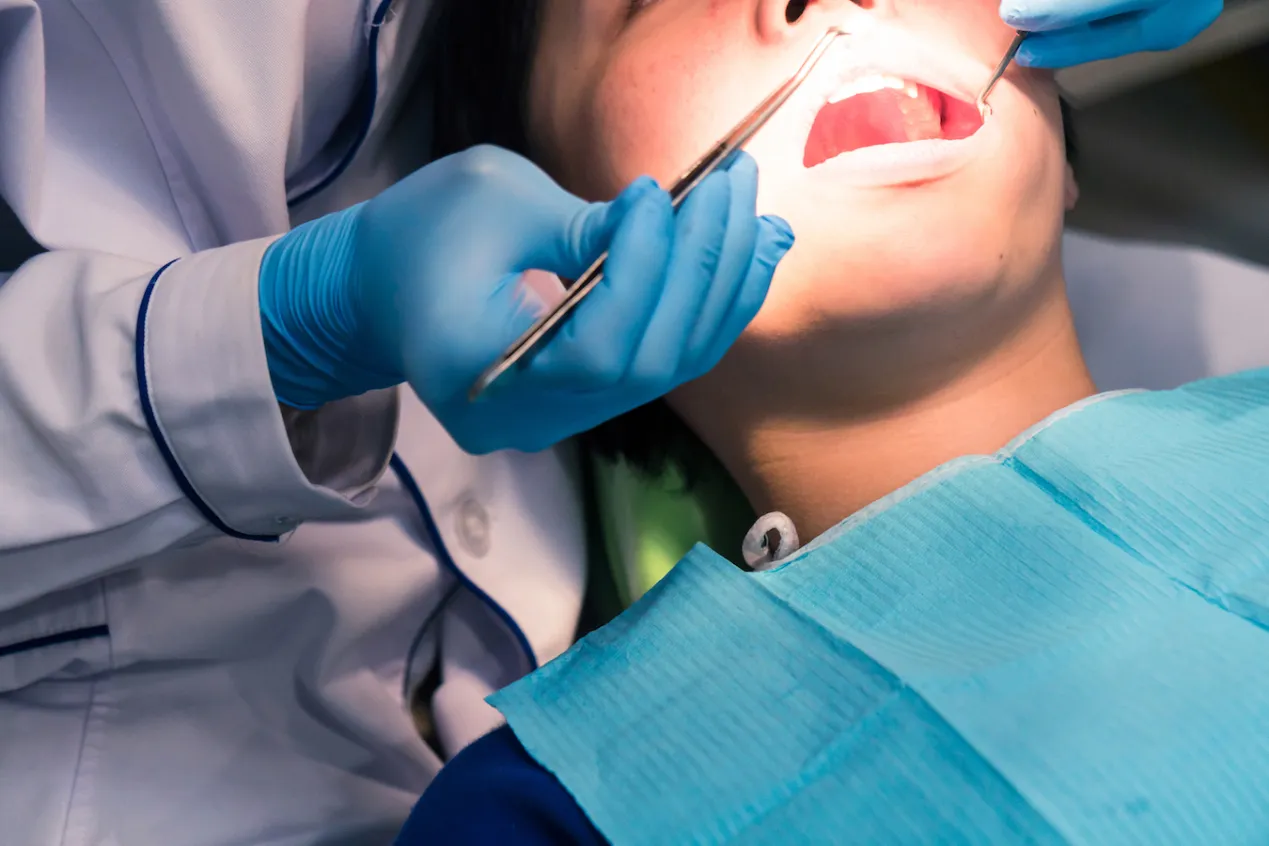Discover Common Dental Problems That Dentists Can Deal With Effectively
Dental health is an essential facet of general well-being, yet typical issues such as dental caries, gum illness, tooth degeneration, tooth level of sensitivity, and misaligned teeth usually go unattended. Advancements in oral care have actually made it possible for dentists to address these issues successfully with different therapies.
Tooth Cavities
Tooth cavities, also called oral cavities, are among one of the most widespread oral problems influencing people of all ages. They occur when the enamel, the difficult external surface area of the teeth, is deteriorated by acids produced by germs in the mouth. These bacteria grow on sugars and starches from food and drinks, creating a sticky movie called plaque that complies with the teeth. Gradually, the acids in plaque can develop little openings or holes in the enamel, resulting in tooth cavities.
As the degeneration progresses, people may experience tooth level of sensitivity, pain while consuming alcohol or eating, visible holes, and discoloration (eugene dentist). Regular dental exams are important for early detection and monitoring of tooth cavities.

Gum Illness
Gum tissue disease, likewise called gum condition, is a prevalent problem that influences the cells bordering and supporting the teeth. It mainly happens because of the buildup of plaque, a sticky film of bacteria that develops on the teeth. If not removed with routine brushing and flossing, plaque can harden into tartar, which can just be gotten rid of by an oral specialist.
There are 2 major stages of gum illness: gingivitis and periodontitis. Gingivitis is the preliminary, milder kind, identified by red, inflamed periodontals that may bleed conveniently. At this stage, the problem is usually reversible with proper oral hygiene and expert oral cleanings. If left untreated, gingivitis can advance to periodontitis, a much more extreme type that can cause loss of the bone that supports the teeth.
Periodontitis includes deeper infection and swelling of the periodontals, causing the periodontals to draw away from the teeth and form pockets that can come to be infected. Treatment for periodontitis often entails scaling and root planing, a deep-cleaning treatment to get rid of tartar and bacteria from under the gums. In advanced cases, medical interventions may be essential to bring back gum and bone wellness. Normal oral exams are crucial for early detection and effective monitoring of periodontal illness.
Dental Cavity
Tooth decay, a widespread oral problem, materializes when the hard surface area of the tooth, referred to as enamel, is harmed by acids produced by bacteria in plaque. This process begins when sweet and starchy foods are eaten, providing a breeding ground for microorganisms. These bacteria metabolize the sugars to produce acids, which ultimately wear down the enamel, bring about cavities.
Originally, dental caries could be asymptomatic, however as it proceeds, it can bring about visible holes or pits in the teeth, toothache, and level of sensitivity to warm, chilly, or sweet substances. If left neglected, the decay can pass through much deeper layers of the tooth, reaching Continued the dentin and ultimately the pulp, creating severe discomfort and possibly bring about infections or abscesses.

Tooth Level Of Sensitivity

The underlying reasons for tooth level of sensitivity are differed. Common elements consist of enamel disintegration because of hostile cleaning, acidic food intake, or dental problems such as gum tissue economic crisis and dental caries. Exposed dentin, the layer beneath the enamel, enables exterior stimulations to reach the nerve endings, resulting in discomfort.
Dentists can properly treat tooth level of sensitivity via various treatments. In cases of severe level of sensitivity, dental experts may apply bonding agents or suggest therapies such as fluoride varnishes and sealers to secure subjected dentin.
Misaligned Teeth
Handling misaligned teeth is another common issue in dental wellness, significantly impacting both visual appeals and functionality. Misaligned teeth, frequently described as malocclusion, can arise from various aspects, including genes, thumb-sucking throughout youth, or prolonged use a pacifier. This problem not just impacts the appearance of one's reference smile but can additionally result in troubles in eating, talking, and preserving oral health, enhancing the risk of dental cavity and gum disease.
Dentists employ a number of reliable therapies to resolve misaligned teeth, customized to the intensity and particular requirements of the client. In addition, orthodontic home appliances like retainers are vital in preserving the results post-treatment, stopping teeth from shifting back to their original placements.
Early intervention is important for ideal results, making routine oral exams important for addressing and recognizing misalignment problems without delay. With individualized treatment strategies, dental professionals can efficiently restore both the performance and appearance of a client's smile.
Conclusion
In recap, dealing with typical dental troubles such as cavities, periodontal disease, dental caries, tooth level of sensitivity, and misaligned teeth is critical for preserving oral health and wellness and capability. Dental practitioners are geared up to diagnose and treat these issues properly with numerous treatments, consisting of dental fillings, cleanings, orthodontics, and preventive care. Ideal and timely treatment can mitigate the threats linked with these dental troubles, therefore improving general oral health and wellness and quality of life.
Oral health is an essential aspect of overall well-being, yet typical issues such as tooth cavities, gum tissue illness, tooth decay, tooth sensitivity, and misaligned teeth frequently go unattended.Tooth degeneration, a common dental issue, manifests when the hard surface area of the tooth, known as enamel, is visit this site right here harmed by acids produced by microorganisms in plaque. Preventive steps such as routine dental check-ups, excellent oral health practices, and a balanced diet are critical in alleviating the threat of tooth degeneration.
Usual factors consist of enamel erosion due to aggressive cleaning, acidic food usage, or oral conditions such as gum tissue economic crisis and tooth degeneration.In recap, dealing with usual oral issues such as dental caries, periodontal condition, tooth decay, tooth level of sensitivity, and misaligned teeth is crucial for keeping oral health and wellness and performance.